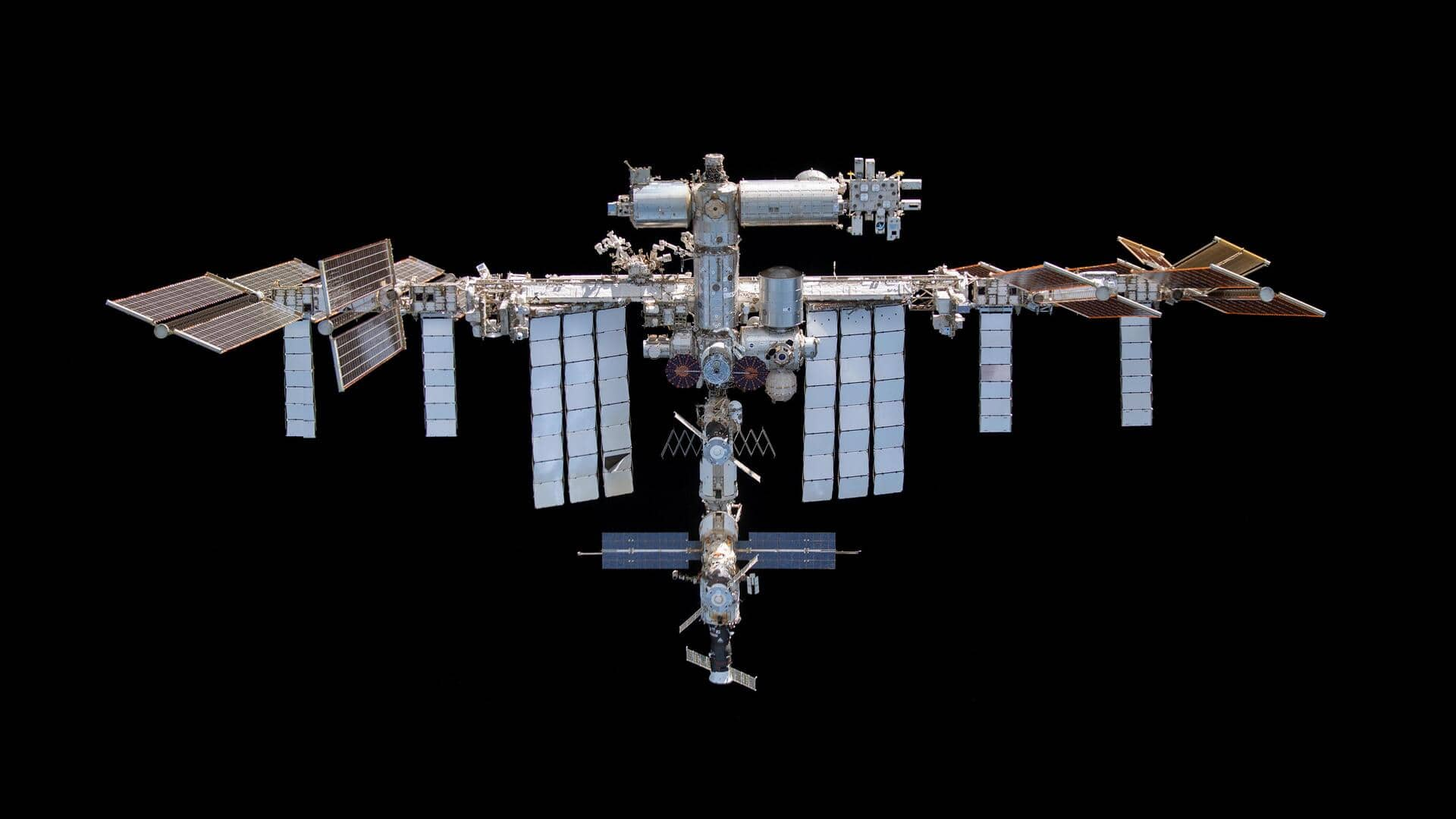
Wonder what life's like on ISS? Astronauts share insights
What's the story
NASA's astronauts Sunita Williams and Butch Wilmore, currently residing on the International Space Station, have shared their experiences of life in space. Williams calls it her "happy place."
Initially scheduled for an eight-day stay, their return to Earth was postponed until 2025 due to safety concerns about the Boeing Starliner spacecraft.
The astronauts are now living in a space equivalent to a six-bedroom house, and their daily routine is meticulously planned by mission control on Earth.
Space schedule
Daily routine on the ISS
The astronauts' day begins at around 6:30 GMT (12:00pm IST) when they wake up in a phone-booth-sized sleeping quarter, within the ISS module named Harmony. These compartments are equipped with laptops for communication with family, and storage space for personal items like photos or books.
Duties
Astronauts' work and leisure activities
After waking up, astronauts may use a small bathroom with a suction system.
The majority of their time is spent on maintenance tasks or conducting scientific experiments in one of the six dedicated labs.
Canadian astronaut Chris Hadfield described the ISS as "many buses all bolted together," emphasizing its size and tranquility.
When not working, astronauts find ways to relax such as watching Earth pass by or engaging in creative pursuits like music and photography.
Aroma
The unique 'space smell' and sensory experiences
Spacewalks can introduce a unique "space smell" to the ISS.
Helen Sharman, the first British astronaut who spent eight days on the Soviet space station Mir in 1991, described this as a metallic odor caused by radiation forming free radicals on objects, that react with oxygen inside the space station.
Sharman also noted that upon returning to Earth, she valued sensory experiences like weather much more due to their absence in space.
Fitness
Exercise and hygiene practices on the ISS
Long-term residents of the ISS are required to perform two hours of daily exercise using three different machines: The Advanced Resistive Exercise Device (ARED), treadmills, and a cycle ergometer.
These machines help counteract the effects of living in zero gravity, which can reduce bone density.
Hygiene practices on the ISS are unique due to lack of laundry facilities and gravity. Astronauts use water blobs and soapy stuff for cleaning, as sweat doesn't naturally fall off their bodies in zero gravity.